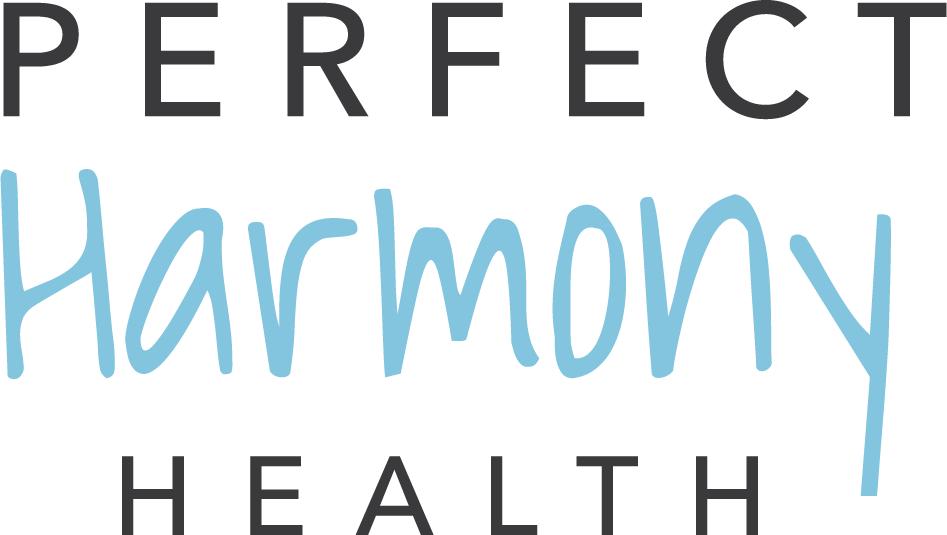The Healing Power of Music: How Neurologic Music Therapy (NMT)® is Transforming Alzheimer's Care
Every September 21st, the Alzheimer’s Association initiates a ‘global effort to raise awareness and challenge the stigma surrounding Alzheimer's disease on World Alzheimer's Day.’ With over 55 million people living with dementia worldwide, the need for innovative and compassionate care approaches has never been more critical. One such approach making waves in the medical community is Neurologic Music Therapy (NMT)®.
What is Neurologic Music Therapy (NMT)®?
Neurologic Music Therapy (NMT)® is a specialized form of music therapy grounded in neuroscience. It harnesses the brain's innate response to rhythm, melody, and harmony to address cognitive, sensory, and motor dysfunctions. Unlike traditional music therapy, which focuses on emotional well-being, NMT uses standardized techniques to target specific areas of the brain affected by neurological conditions, including Alzheimer's disease (Thaut & Hoemberg, 2014).
The Unique Relationship Between Music and the Brain
Music is a universal language that transcends time and memory. Even in the advanced stages of Alzheimer's, when verbal communication becomes increasingly difficult, music has the power to evoke memories and emotions. This is because the brain processes music in multiple regions, some of which are less affected by Alzheimer's. The rhythmic and repetitive nature of music can help bypass damaged areas of the brain, providing a gateway to reach patients who may otherwise seem unreachable (Sacks, 2008).
The Impact of NMT on Alzheimer's Patients
Memory Stimulation: One of the most profound effects of Neurologic Music Therapy (NMT)® on Alzheimer's patients is its ability to stimulate memory recall. Familiar songs from a patient's past can evoke vivid memories and emotions, even when other aspects of memory have faded. This can provide moments of clarity and connection, helping patients reconnect with loved ones and their own identity (Van der Steen et al., 2018).
Enhanced Communication: As Alzheimer's progresses, patients often struggle with language and communication. NMT can aid in improving speech and language abilities through rhythmic cueing and melodic intonation. Singing familiar lyrics or engaging in call-and-response activities can help patients find words and phrases that might otherwise be lost (Schall, Haberstroh, & Pantel, 2015).
Emotional Well-being: Music has a powerful influence on mood. NMT can help reduce agitation, anxiety, and depression in Alzheimer's patients by providing comfort and a sense of familiarity. Music can also serve as a non-verbal means of expression, allowing patients to communicate feelings they might not be able to articulate in words (Guétin et al., 2009).
Motor Function and Coordination: NMT isn't just beneficial for cognitive and emotional health; it also supports physical well-being. Rhythmic Auditory Stimulation (RAS)® is a technique used in NMT to improve gait and coordination. For Alzheimer's patients, this can lead to better mobility and a reduced risk of falls, enhancing their overall quality of life (Thaut et al., 2019).
Social Connection: Group music therapy sessions provide a shared experience that fosters social interaction. Even in advanced stages of Alzheimer's, patients often respond to music with movement, clapping, or singing, creating a sense of community and belonging. These moments of connection are invaluable for both patients and their caregivers (Tamplin et al., 2018).
Music Speaks
While there is currently no cure for Alzheimer's disease, Neurologic Music Therapy (NMT)® offers hope. It reminds us that even when words fail, music speaks. For families and caregivers, NMT provides a powerful tool to enhance the quality of life for their loved ones, offering joy, comfort, and connection in the face of a challenging diagnosis.
On this World Alzheimer's Day, we celebrate the impact of music and advocate for the continued integration of Neurologic Music Therapy (NMT)® into Alzheimer's care. As research continues to deepen our understanding of the brain's relationship with music, we open new doors for compassion, care, and connection for those living with Alzheimer's disease.
References
Guétin, S., Portet, F., Picot, M. C., Pommié, C., Messaoudi, M., Djabelkir, L., ... & Touchon, J. (2009). Effect of music therapy on anxiety and depression in patients with Alzheimer's type dementia: Randomised, controlled study. Dementia and Geriatric Cognitive Disorders, 28(1), 36-46. https://doi.org/10.1159/000229024
Sacks, O. (2008). Musicophilia: Tales of music and the brain. Vintage Books.
Schall, A., Haberstroh, J., & Pantel, J. (2015). Time series analysis of individual music therapy in dementia: Effects on communication behavior and emotional well-being. GeroPsych: The Journal of Gerontopsychology and Geriatric Psychiatry, 28(3), 113-122. https://doi.org/10.1024/1662-9647/a000129
Tamplin, J., Clark, I. N., Lee, Y. E. C., & Baker, F. A. (2018). Remini-Sing: Group music therapy for people living with dementia and their care partners—A feasibility study. Frontiers in Medicine, 5, 245. https://doi.org/10.3389/fmed.2018.00245
Thaut, M. H., & Hoemberg, V. (2014). Handbook of neurologic music therapy. Oxford University Press.
Thaut, M. H., McIntosh, G. C., & Hoemberg, V. (2019). Neurobiological foundations of neurologic music therapy: Rhythmic entrainment and the motor system. Frontiers in Psychology, 10, 279. https://doi.org/10.3389/fpsyg.2019.00279
Van der Steen, J. T., Smaling, H. J., van der Wouden, J. C., Bruinsma, M. S., Scholten, R. J., & Vink, A. C. (2018). Music-based therapeutic interventions for people with dementia. Cochrane Database of Systematic Reviews, (7). https://doi.org/10.1002/14651858.CD003477.pub4

